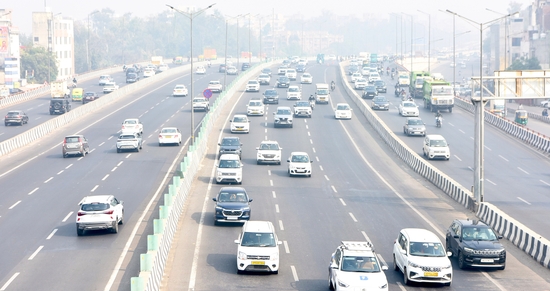New Delhi, The Supreme Court is scheduled to hear on April 16, a batch of pleas relating to the issue of religious conversions in the country.

While some pleas have challenged the anti-conversion laws in several states, another petition has sought a relief against forced religious conversions.
The April 16 causelist on the apex court website shows the matter would come up before a bench of Chief Justice Sanjiv Khanna and Justices Sanjay Kumar and K V Viswanathan.
During the hearing in one of the pleas in January 2023, the apex court observed religious conversions was a serious issue and should not be given a political colour.
It had sought the assistance of attorney general R Venkataramani on a plea seeking direction to the Centre and states to take stringent steps to control the alleged fraudulent religious conversions.
The plea sought a check on religious conversions through “intimidation, threatening, deceivingly luring through gifts and monetary benefits”.
The top court had in 2023 asked the parties challenging the anti-conversion laws of several states to file a common petition for the transfer of cases on the issue from the high courts to the apex court.
It noted there were at least five such pleas “before the Allahabad High Court; seven before the Madhya Pradesh High Court; two each before the Gujarat and Jharkhand High Courts; three before the Himachal Pradesh and one each before Karnataka and Uttarakhand High Courts”.
There were also two separate petitions filed by the states of Gujarat and Madhya Pradesh challenging the interim orders of the respective high courts staying certain provisions of their laws on conversion.
Jamiat Ulama-I-Hind also moved the apex court against the anti-conversion laws of Uttar Pradesh, Madhya Pradesh, Gujarat, Uttarakhand and Himachal Pradesh, and argued they were enacted to “harass” interfaith couples and implicate them in criminal cases.
The Muslim body said the provisions of all the local laws of the five states force a person to disclose their faith and, consequently, invade their privacy.
This article was generated from an automated news agency feed without modifications to text.

